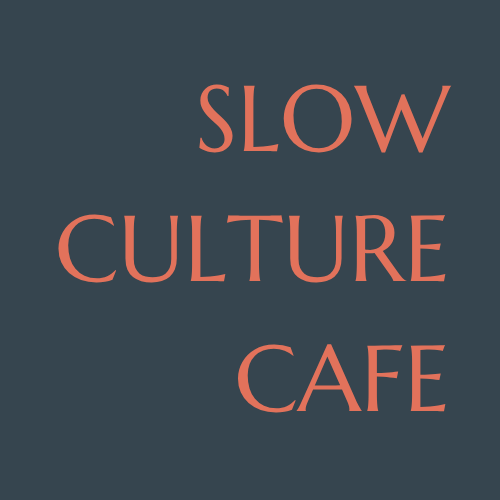The Romantasy Revolution: Why Genre Fiction is Booming
The book industry is experiencing a seismic shift, and at its epicenter lies a genre that barely existed a decade ago: romantasy. This portmanteau of romance and fantasy has not only captured readers' imaginations but transformed the entire literary landscape.
It is the longing for a different world. The self-confident heroes in this world have to fight, lose, get up again, and experience romantic adventures.
The numbers tell a remarkable story of genre fiction's ascendancy. Romance sales grew by 52% in 2023, driven by its subgenre – Romantasy, and the number of books sold reached 11 million in the first five months of 2024, almost double the same period last year with titles by Colleen Hoover, Sarah J. Maas, and Rebecca Yarros dominating the top 10 list, essentially keeping the entire book industry afloat.
But what makes Romantasy so special? The following factors have driven this trend, creating an enormous group of followers and readers.
The Digital Revolution in The Social Networks
Social media has fundamentally altered how readers discover books. The juggernaut that is Romantasy started out driven by #Booktok and #Bookstagram influencers with a preference for female main characters. These platforms have democratized book recommendations, allowing passionate readers to bypass traditional gatekeepers and speak directly to their audience.
The visual nature of TikTok and Instagram perfectly complements Romantasy's aesthetic appeal—elaborate book covers, fantasy artwork, and the inherent photogenic quality of these stories create shareable content that traditional literary fiction simply can't match.
Here, too, in the field of literature, social networks are helping and supporting publishers and authors. The initial skepticism towards digital media has evaporated, and TikTok in particular has triggered a veritable reading boom, especially among many young people.
Escapism Meets Empowerment
Romantasy offers something that literary fiction often doesn't: unabashed escapism paired with empowered female protagonists. Their empowered female protagonists and cult followings make them likely to find permanent shelf space.
In a world of constant uncertainty and social upheaval, readers are gravitating toward stories that offer both refuge and representation. These books provide fantasy worlds where women wield magic, fight dragons, and navigate complex romantic relationships on their own terms.
Do these books boost self-confidence? Or do they whisk us away to another world that inspires us to dream while everyday life continues to exist in parallel? Every reader will have their own ideas about this, but in any case, these works are certainly one of the best developments for the entire book market and the authors at the moment to win new readers and to fulfill the wishes of existing ones.
We don't decide or evaluate the intellectual appeal of a book, which is exactly what has often turned the book market into an elitist circle in many areas in the past, turning people away from books and toward Netflix.
The Genre's Unique Appeal
Romantasy, the subgenre that sits at the intersection of romance and fantasy, has evolved into one of the busiest areas in the book world. This hybrid nature is key to its success.
Romance provides emotional satisfaction and guaranteed happy endings, while fantasy offers unlimited creative possibilities and world-building that can sustain multiple book series. The combination creates an addictive reading experience that keeps fans coming back for more.
Cultural Timing and Market Response
The Romantasy boom reflects broader cultural shifts. After years of dystopian young adult fiction and gritty realistic narratives, readers are ready for stories that celebrate rather than deconstruct.
The genre's success has been so dramatic that some entrepreneurs have opened up bookstores dedicated to this genre, with a high number of new romance stores opening in 2024. At a time of recession and crisis, this is a very liberating, positive signal from the book market.
The Future of Genre Fiction
What Romantasy represents is more than a trend—it's a fundamental shift in how we think about literary value and reader preference. These books have proven that genre fiction can be both commercially successful and culturally significant. They've created a new model for publishing success, one that prioritizes reader engagement over critical acclaim.
The Romantasy revolution signals that readers want stories that entertain, empower, and transport them to worlds where magic is possible and love conquers all. In doing so, it has reminded the publishing industry that sometimes the most profound literature is the kind that makes readers forget they're reading at all.
As traditional literary boundaries continue to blur, romantasy stands as proof that genre fiction isn't just surviving—it's thriving, transforming, and redefining what it means to be a successful book in the modern market.

